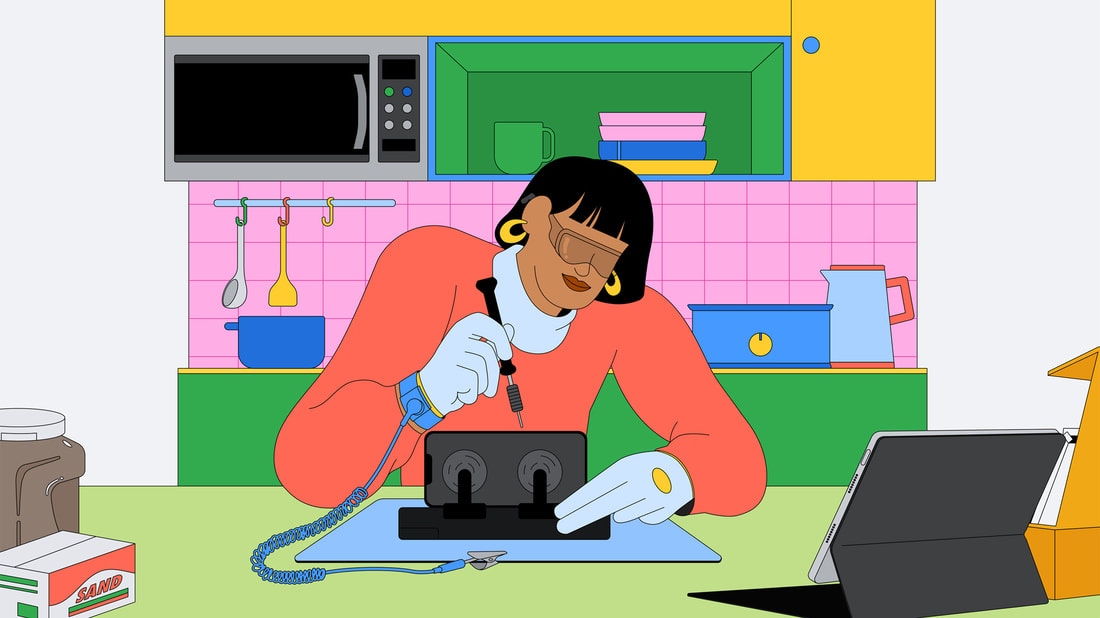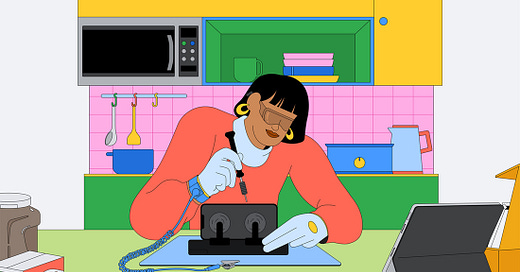Apple Will Make Parts and Repair Guides Available to Consumers in 2022

© Apple
For years, Apple had taken steps to increase the design appeal and performance of their computers at the expense of repairability. Even if a part was repairable, individual repair shops and consumers did not have timely access to parts and manuals.
That could change in the near future as Apple announces the Self Service Repair program, which will be available in the United States in early 2022. While the program is extremely limited to start, there is hope that this could combat the issue of e-waste, as Apple's own repair services can be cost ineffective.
The company announced in a press release that the program will be limited to the iPhone 12 and 13 display, battery and camera assemblies. Apple plans to add parts for their Apple Silicon Macs, but did not provide a concrete timeline nor a list of parts they plan to provide.
Customers who return broken parts to Apple will receive a store credit in the form of an Apple gift card, which can be used for products, media and services.
Apple will create an online store for the ordering of replacement parts and tools, which may limit the value of the repair program. Even if a customer has the know-how to fix their own device, will living with a broken device for days, weeks or months be worth the cost savings?
The ambiguity of this announcement requires a degree of caution around the success of this program. Until the specific parts, pricing and warranty implications are available, it is unknown whether it will have a considerable impact on consumers.
For example, the Face ID sensors in the most recent iPhones are assigned to the logic board, meaning a display replacement requires transferring the sensors to the new display. If Apple doesn't trust consumers to conduct this repair — they say most customers should still use professional repair services — they could bundle parts together to create unnecessary repairs.
This initiative, which has been championed by some as a victory for right to repair, could end up being the opposite. As mentioned, Apple has the ability to assign parts to logic boards, and can render certain parts useless if serial numbers don't match. If Apple provides batteries to individual consumers, what's stopping them from blocking any third-party replacement battery from powering iPhones?
Most of this is speculation, because Apple really didn't announce binding details of the program in their release. Due to Apple's history of restricting parts, and the nature of their new system on a chip processors — most of the computer's processing power is on a single chip — we'll have to wait and see before we can evaluate the value of this program to right to repair initiatives.




